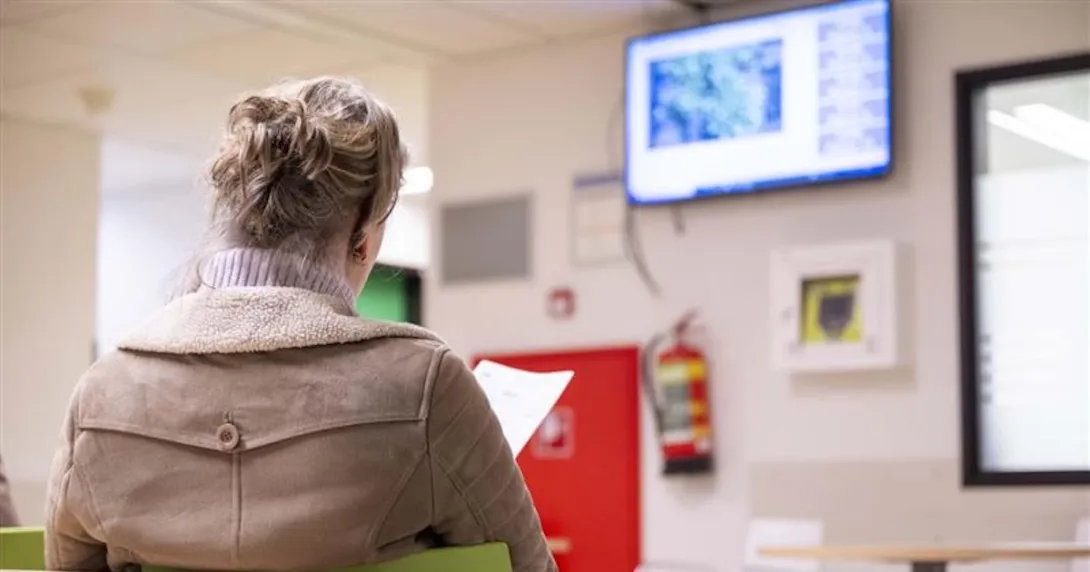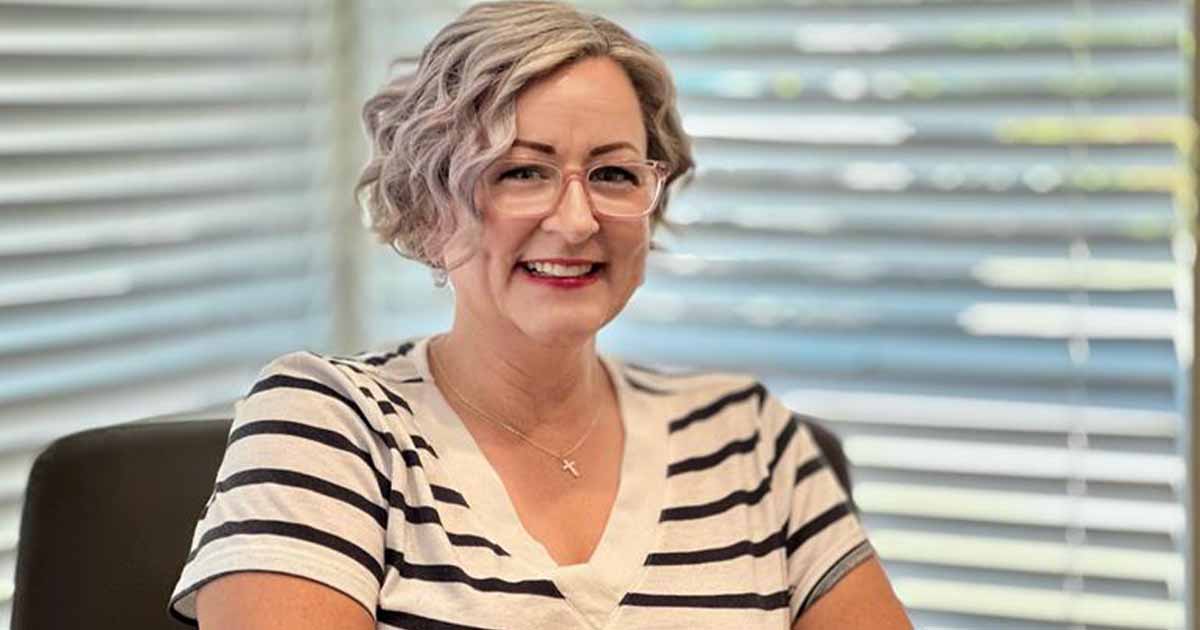Each year near the HIMSS Annual Conference and Exhibition, CHIME and HIMSS together name a CIO of the Year, and each year Healthcare IT News interviews the winner about the biggest challenges faced, the changing role of the CIO, and we also ask him or her to look to the future and say what they envision for healthcare IT 10 years ahead.
Here are the responses from the past five CIOs of the Year.
 2012: James Turnbull, CIO at University of Utah Health Care
2012: James Turnbull, CIO at University of Utah Health Care
"We're just wrestling with exactly that issue here. We’ve just gone through our capital budget again this year. Our capital budget for IT, for the first time, has actually started to go down. The reason for that is we’ve basically installed a very rich revenue cycle management, we have a decision support environment in place, a great data warehouse. The baseline is all in place now. I think what we’re going to be moving to is mHealth – that’s where it's going to go.
"I think telemedicine is about ready to just explode. Not traditional telemedicine where we think of a doctor or a patient doing a consult with a doctor in a remote location, but telemedicine with the patient themselves within their home settings. And, that’s so inexpensive. It’s very inexpensive on the technology side. You really need to change your care delivery model and resources that you have here at the hospital that are supporting that delivery system. I think it’s going to be so different 10 years from now."
 2011: Rick Schooler, vice president and CIO of Orlando Health, a seven-hospital health system with a 355-member IT staff.
2011: Rick Schooler, vice president and CIO of Orlando Health, a seven-hospital health system with a 355-member IT staff.
"We are going to be responsible to manage a bigger population of people with more risk in terms of our ability to keep them healthy. We’re going to be held accountable to managing readmissions, to reducing harm. Our board has given us specific goals around readmissions and mortality and harm. I think organizations are going to be paying much more attention to the quality of care because value-based purchasing is going to be real. We are going to be reimbursed less if our quality doesn’t improve, and, quite frankly, it may be less even if it does improve. You know, you’d better be a leader. You better be a team of leaders if you’re going to survive both kinds of things happening: continuing to provide the quality you’re going to have to provide to survive in the future – your alignment with other organizations as we all pursue what we are all defining as we go as accountable care – and to be able to deal with what is now CMS, but in the near future is going to be a bundled payment across the continuum."
 2010: Chuck Christian, CIO of Good Samaritan Hospital, a 232-bed hospital in Vincennes, Ind.
2010: Chuck Christian, CIO of Good Samaritan Hospital, a 232-bed hospital in Vincennes, Ind.
"I think we’re just starting to scratch the surface of what we can do. I live in Indiana, so we have the opportunity here just because of the infrastructure for health information exchange to do a lot of things that other states can only dream about. With the work that’s currently being done, and what’s planned to be done between now and 2015, I think we’re going to see a more connected medical record for the patient."
 2009: William Spooner, senior vice president, CIO, Sharp HealthCare in San Diego
2009: William Spooner, senior vice president, CIO, Sharp HealthCare in San Diego
"We will see an awful lot more workflow integration considering all of the devices around the patient, with the patient as the center. Everything from the patient bed that can produce measurements that are sent to the EMR such as “the bed rail’s up; the bed rail’s down. Here’s how much it’s elevated” so that you have a sort of comprehensive alerting system. There will be more and more integration of the medical devices directly into EMR, and the use of analytics to help in the decision process."
 2008: Patricia Skarulis, vice president, CIO, Memorial Sloan-Kettering Cancer Center, New York
2008: Patricia Skarulis, vice president, CIO, Memorial Sloan-Kettering Cancer Center, New York
"Healthcare will be all digital and interconnected. We as an industry are being asked to solve a good portion of the healthcare problem through more widespread use of healthcare information technology. I believe that the next two or so years will be the most exciting ones for our industry. I hope we can look back and say this has been a job well done."


